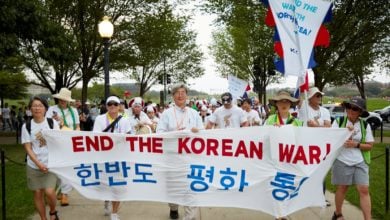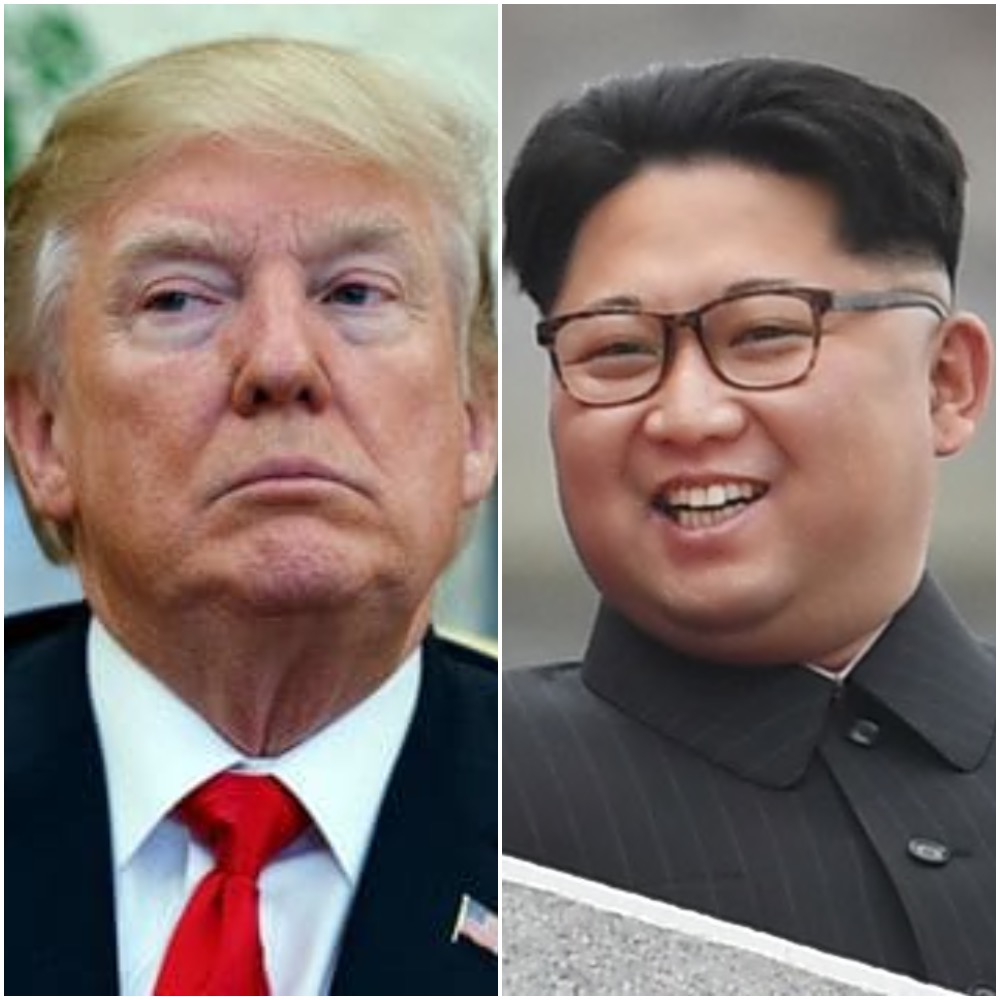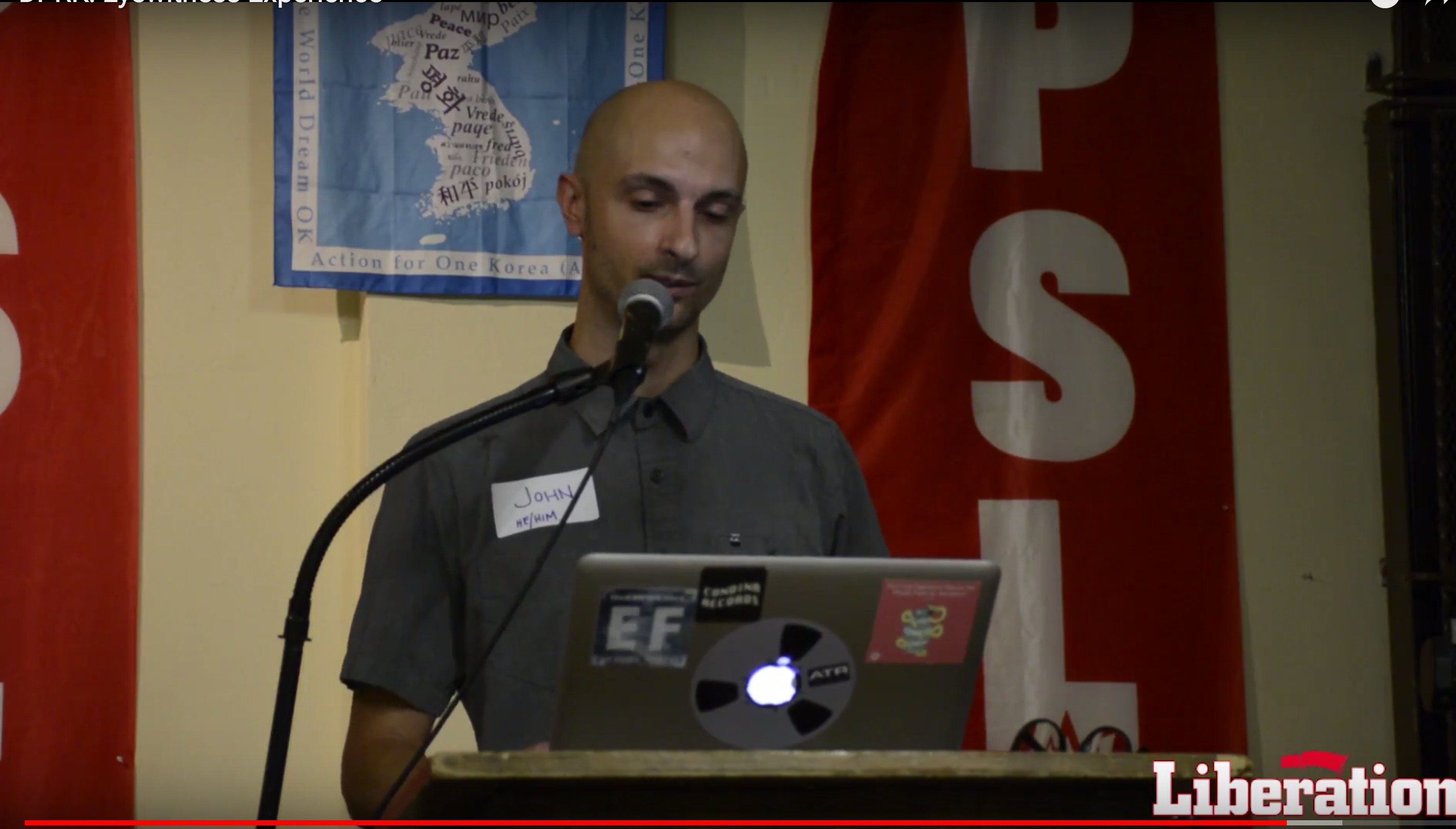At the end of December, more so-called war “games” were carried out
jointly by the United States and South Korea. The exercises came in
spite of strong protests from North Korea, China and Russia, and have
been considered the largest-ever on the peninsula.
Many of the operations took place in waters that have been subject to
territorial disputes since the division of the Korean peninsula at the
close of World War II.
The Democratic People’s Republic of Korea
responded without military retaliation, temporarily de-escalating
tensions. However, U.S. imperialist hostility remains a constant threat
to the stability of the region.
U.S. and South Korean officials
have justified the exercises by claiming they are in response to hostile
actions by North Korea.
The DPRK was falsely accused of sinking
South Korea’s warship, the Cheonan. Prominent South Korean leaders,
including the defense minister, national intelligence director and
marine operations head of the Joint Chiefs of Staff, have repeatedly
stated that North Korea was not involved.
In November, South
Korea carried out war games despite repeated warnings from North Korea
that it would retaliate. When Seoul insisted on proceeding with the
threatening maneuvers, the DPRK responded with shelling, resulting in
the deaths of two South Korean marines and two civilians.
Despite
the constant barrage of imperialist demonization, the DPRK seeks peace.
It is pursuing direct talks, a formal Peace Treaty ending the Korean
War and a normalization of relations with the United States.
The
United States, however, has refused to negotiate directly with North
Korea, insisting that all dialogue take place within the six-nation
process, including China, Japan, Russia and South Korea. Furthermore,
the United States insists that North Korea renounce all of its nuclear
programs.
The United States has intended to overthrow the DPRK
since its inception. At the close of World War II, the Korean peninsula,
up to that time under Japanese colonial occupation, was to be
temporarily divided between the Soviet Union in the North and the United
States in the South.
When the DPRK was established in 1948,
the Soviet Union withdrew, leaving North Korea an independent state. The
United States, however, never left, launching a bloody campaign of
terror against an uprising in the South demanding an independent state
and freedom from U.S. occupation forces. Today nearly 30,000 U.S. troops
are deployed at the border of the divided peninsula.
In October,
declassified secret documents from the CIA and other U.S. agencies were
released, revealing that the U.S. military has been prepared to attack
the DPRK with nuclear weapons since the bombings of Hiroshima and
Nagasaki in 1945.
North Korea has also been the victim of
repeated harsh sanctions to further isolate and weaken it. In June 2009,
the United States managed to push through a unanimous vote in the
United Nations Security Council to impose even more stringent sanctions.
The latest war games are only part of a larger trend of
expanded military exercises occurring at an increasing rate this year.
Similar “games” also took place in July, August and November, and are a
threat not only to North Korea but also to China.
The Pentagon
has been increasingly shifting military assets to East Asia. The U.S.
Navy deployed newly equipped submarines to the Philippines, South Korea
and the Indian Ocean island of Diego Garcia this year. The aircraft
carrier USS George Washington and significant amounts of heavy weaponry
were also sent to South Korea.
If the United States were able to
overthrow the DPRK and dominate the entire Korean peninsula, it would
serve its broader purpose of further isolating China, which the United
States considers an increasing threat to its goal of global supremacy.
In
response to the constant threat of U.S. imperialism, North Korea has
the right to do everything in its power to defend itself, including the
development and use of nuclear energy and weapons.
The situation
on and around the Korean peninsula remains tense and dynamic; a new
crisis could develop quickly. It is the duty of all progressives and
revolutionaries to defend North Korea against the increasing threats of
U.S. imperialism and its South Korean client state.






